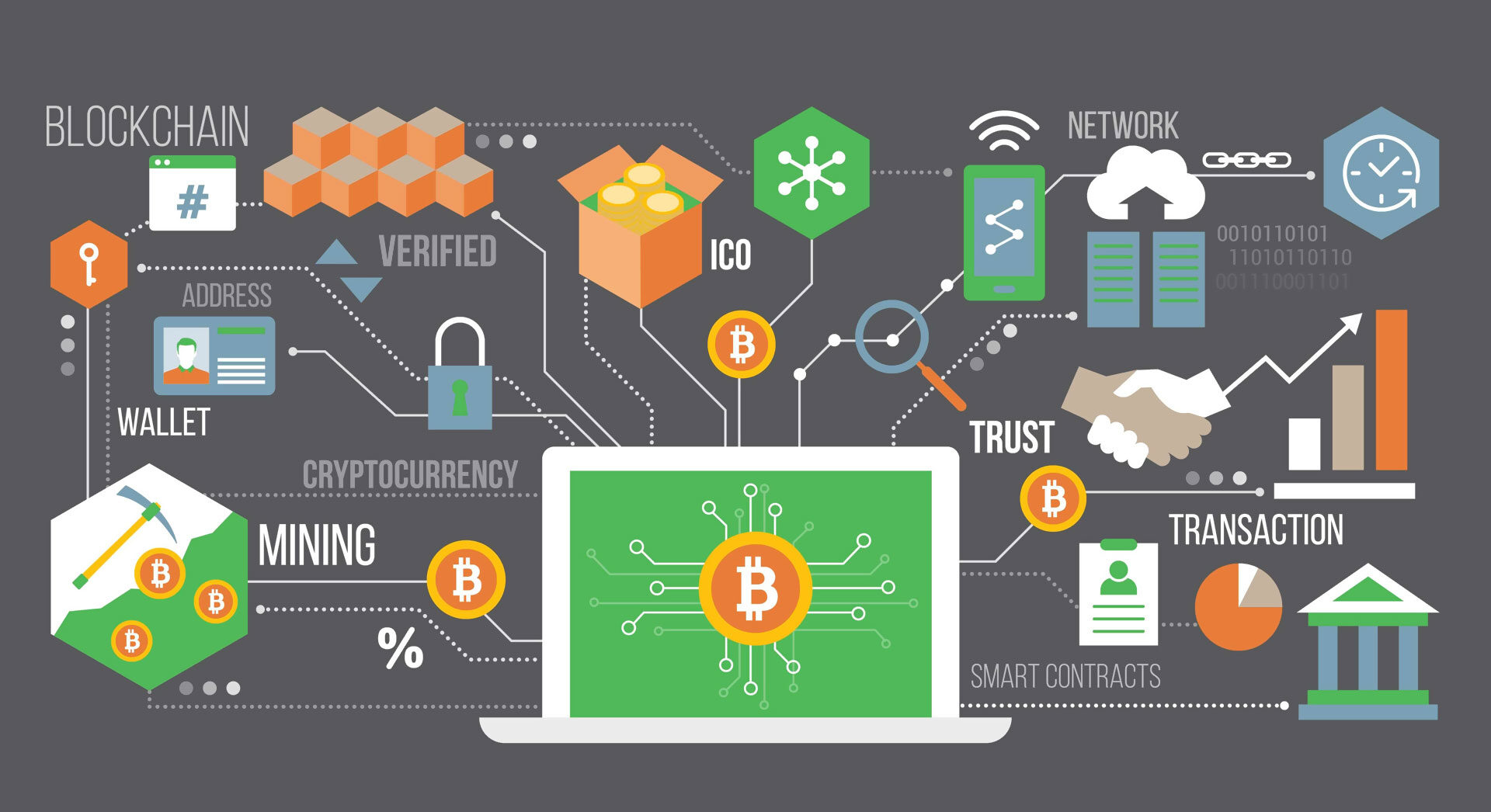Top Blockchain Startups Driving Germany’s 2025 Innovation

Germany is now the world leader in blockchain technology. This is especially true as we move into the Web3 age. The Electronic Securities Act (eWpG) and the blockchain startups in Germany announced by the Federal Government are just two examples of the many innovative and progressive regulations in the country that have helped blockchain startups thrive and expand. In 2025, Germany will be inundated with new ideas. Decentralised technologies are being utilised to enhance supply chains, finance, and data protection, thereby helping the country achieve its sustainability goals. Germany’s hubs in Berlin, Munich, Frankfurt, and Hamburg not only foster the growth of new ideas but also establish norms for technology and laws that other countries strive to follow.
Germany’s blockchain ecosystem is built on real-world, regulatory-compliant, and enterprise-ready solutions, whereas those in other sectors are based more on speculation. Blockchain in Retail Market, With this unique technique, many successful startups have come together to construct the internet. These firms are not just building apps for the blockchain, but they are also having an effect on bigger conversations in the EU about privacy, interoperability, and tokenisation.
How German blockchain startups are changing
The German blockchain sector is very business-focused, with many entrepreneurs collaborating with established enterprises to digitise and decentralise old ways of doing things. One of the major participants is Chainstep, located in Hamburg. Chainstep offers blockchain-as-a-service products designed specifically for businesses. Companies can utilise their platform to integrate distributed ledger technology without having to learn how the standards function. Chainstep makes it easier to track supply chains and manage digital identities by collaborating with significant organisations like SAP and Deutsche Telekom. Blockchain is linking the real and digital worlds in real time. Its most recent usage of an IoT-based product monitoring system is an example of this.
Finoa is altering how people in Berlin store their digital assets. BaFin (Germany’s Federal Financial Supervisory Authority) keeps an eye on Finoa, which is a regulated custodian. It enables institutional buyers a secure and legal means to enter the world of staking, cryptocurrencies, and tokenised securities. Finoa makes it easy for hedge funds, banks, and family offices to collaborate in the blockchain economy by providing security infrastructure that meets banking standards and granting access to DeFi. The fact that it worked shows that Germany is serious about making blockchain banking work in a safe environment.
Peaq, a Berlin-based firm that is also incredibly inventive, is making the Economy of Things (EoT) viable with its own Layer-1 blockchain. Peaq is built on Parity’s Substrate structure, allowing machines such as self-driving vehicles, drones, and industrial robots to act as economic agents. People don’t have to aid these robots with their names, pay for services, or profit from data. Peaq is a partner of Bosch and is part of the Gaia-X project in Europe. This makes it a vital actor in Europe’s machine economy because it is at the core of IoT, decentralised networks, and data sovereignty.
License.rocks, based in Cologne, is transforming the way digital licensing and intellectual property work with its blockchain-based licensing engine. This platform lets brands, developers, and artists offer away digital rights for software, artwork, and multimedia that can’t be moved to anyone else. In 2025, license. Rocks added dynamic NFTs that change in real-time, depending on how they are used. This made digital rights management more engaging and responsible. Businesses lose billions of dollars annually due to licensing fraud and theft. license. Rocks’ technology enables a scalable, trustless solution.

Tangany is pushing for the deployment of blockchain at the infrastructural level in Munich, which is further south. This white-label wallet solution comes with built-in key management and tokenisation. Its wallet services follow Germany’s rigorous standards and help banks, startups, and other businesses give their employees safe access to blockchain. Because Tangany is modular, it can work with both public and private blockchains. This implies that it may be used for a variety of purposes, such as testing digital euros or tokenizing real estate. Germany’s overarching plan for blockchain rests on it being able to assist traditional banks connect to decentralised ecosystems.
Rules, Following Them, and Institutions Adopting Them
German blockchain firms are unique on the world stage because they are so closely tied to business and government. Singapore and Silicon Valley both place a high value on speed and innovative ideas. Germany, on the other hand, has placed a strong emphasis on upholding the law, ensuring safety, and facilitating expansion. This is highly important, as the European Union is moving forward with implementing the Markets in Crypto-Assets Regulation (MiCA) in full effect. This rule will apply to everyone in the EU, from stablecoins to crypto service providers.
Companies like Finoa and Tangany already follow the regulations of money. This gives them an edge when the MiCA structure is needed. Additionally, Germany’s Federal Financial Supervisory Authority (BaFin) has a clear. A transparent process for blockchain-based services to comply with regulations. This differs from how other locations operate, which is less unified. This clarification means that huge investors can now legally trade crypto assets, which builds trust and encourages more people to utilise them.</p>
Germany’s Part in the Future of Blockchain Technology
Germany has done more than just help companies with blockchain innovation. The universities and research institutions in the country are particularly significant. For the development of both theory and practice in decentralised technologies. The Frankfurt School Blockchain Centre, in collaboration with the Technical University of Munich. The University of Mannheim is one of the leading institutions studying zero-knowledge proofs, digital identities, and blockchain interoperability. Often, these organisations collaborate with new enterprises to test ideas, establish guidelines, and contribute to the definition of EU policy.
Germany also has an impact on how people worldwide discuss using blockchain in a responsible and sustainable manner. Increasingly, startups are developing tools and methods to facilitate agreements that consume less energy and are environmentally friendly. Blockchain solutions that don’t harm the environment are attracting funding. The public and private sectors, as the EU’s digital transformation is built on sustainability.
Germany is anticipated to be the first to work on initiatives related to decentralised identity (DID). Smart city infrastructure and customisable finance, as more people use Web3 and decentralised apps become more sophisticated. Blockchain platforms and startups in Germany are working on a future where trust is built into technology and ownership is digital. They are implementing measures such as making a digital identification wallet. Europe is operational, with individuals governing data marketplaces instead of companies.
